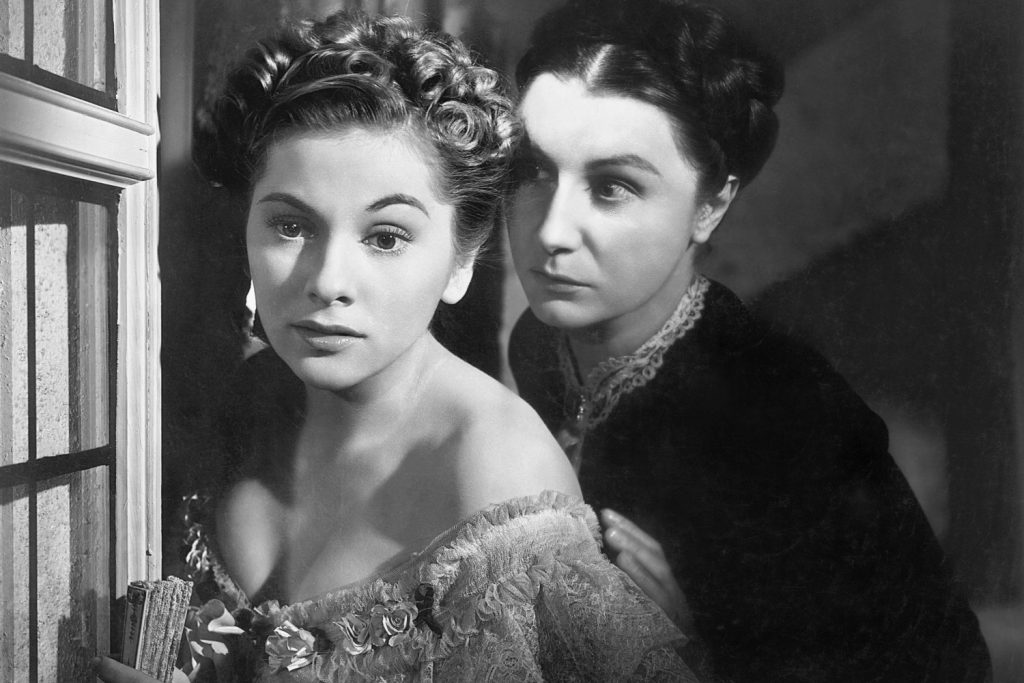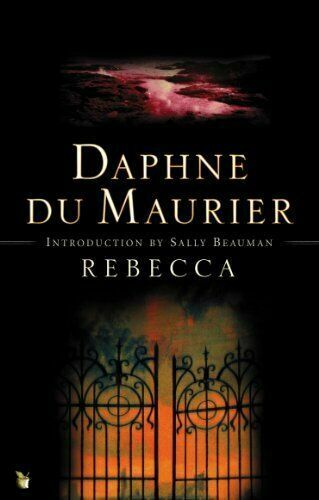Last night I dreamt I went to Manderley again
Few lines are as iconic as this opening line from Rebecca. It feels almost pretentious to me to attempt a review of a book that is so much of a classic, but here we go.
The novel was a massive success when it was published in 1938, and Alfred Hitchcock’s legendary 1940 film adaptation earned the Academy Award for Best Picture. I have never watched it, but I most definitely will now.
It’s a genuine mystery why I have waited so long to read Rebecca. I’ve read my fair share of English classics, but somehow never picked this up. I’m so glad I did now.
Classics not your thing? Check out my other suggestions for England here!
We can never go back again, that much is certain. The past is still close to us. The things we have tried to forget and put behind us would stir again, and that sense of fear, of furtive unrest, struggling at length to blind unreasoning panic – now mercifully stilled, thank God – might in some manner unforeseen become a living companion as it had before.
I listened to an audiobook version narrated by the British actress Holliday Grainger, who has the perfect voice for it. It is 16 hours, and I finished it in three days, completely absorbed in this tale of mystery and obsession, and in the haunting beauty and poetry of the writing itself.
The unnamed narrator of the book is a shy and naive young woman. While in Monte Carlo, working as a companion to a wealthy and unbearably unpleasant American lady, she meets Maxim de Winter — a moody, enigmatic widower twice her age. She is swept off her very inexperienced and innocent feet and soon finds herself the new Mrs. de Winter, mistress of his grand estate, Manderley in Cornwall, England.
However, Maxim’s first wife, the titular Rebecca, casts a long, dark shadow over everything. Her presence is felt in the house itself and kept alive by every person who knew her — particularly the deliciously sinister housekeeper, Mrs. Danvers (now my new favourite villain of all time). And speaking of favourite characters, how could I not love Frith, the devoted and impeccably correct butler of Manderley?

From Alfred Alfred Hitchcock’s iconic 1940 film adaptation
As the new Mrs. de Winter grapples with her insecurities and shortcomings in comparison with the suffocating presence of her perfect predecessor, secrets begin to surface, and of course, nothing is as it seems. The unease is palpable, and the sense of dread — for something you can’t quite put your finger on — seeps into you from the very first chapter.
Manderley itself feels alive — a personality as vivid as the characters inhabiting it. The atmosphere is beautiful yet suffocating, and the Cornish coast is wild and unreliable. As a side-note I discovered that Manderley is inspired by an estate called Menabilly, where Daphne du Maurier herself lived for many years: You can read that story here.
And of course, there is Rebecca herself. Ever present, though she has been dead for a year, she is just as much the main character of this novel as the unnamed narrator.

Rebecca is undoubtedly a masterpiece. It is a slow-moving story, and most of it is spent inside the narrator’s head as she daydreams, frets, and overthinks. But the story did not lose me for a second. The suspense, psychological depth, and poetic prose feel truly timeless. The tension simmers and builds with a deliberate precision you cannot escape.
Despite the status of Rebecca as one of the great classics, I somehow managed to go into it knowing nothing of the plot. So, though the big twist in retrospect is painfully obvious — du Maurier plants all the clues right under your nose — I honestly did not see it coming at all. I spent the last four hours of the audiobook holding my breath in a nail-biting state of suspense and dread.
Rebecca, always Rebecca. Wherever I walked in Manderley, wherever I sat, even in my thoughts and in my dreams, I met Rebecca. I knew her figure now, the long slim legs, the small and narrow feet. Her shoulders, broader than mine, the capable clever hands. Hands that could steer a boat, could hold a horse. Hands that arranged flowers, made the models of ships, and wrote “Max from Rebecca” on the flyleaf of a book.
It is the kind of book that will stay with me for a long time. After I finished, I could only marvel at the genius and courage of Daphne du Maurier. She was also a very interesting character in her own right. My version of the book had a very interesting afterword discussing how she used her own life and struggles in Rebecca, but I can’t talk about that without spoiling the plot. Because if, like me, you haven’t read this classic, you are in for a treat.
If you’ve read Rebecca, you’ll understand the spell it casts. If you haven’t, I envy you the experience of stepping into Manderley for the first time. Just be prepared — you might not want to leave. And you might have sinister and disturbing dreams for a while.
This beautiful classic from the thirties concludes my journey through the British Isles, and what a perfect and delightfully British conclusion it was.
Where should we go next?




